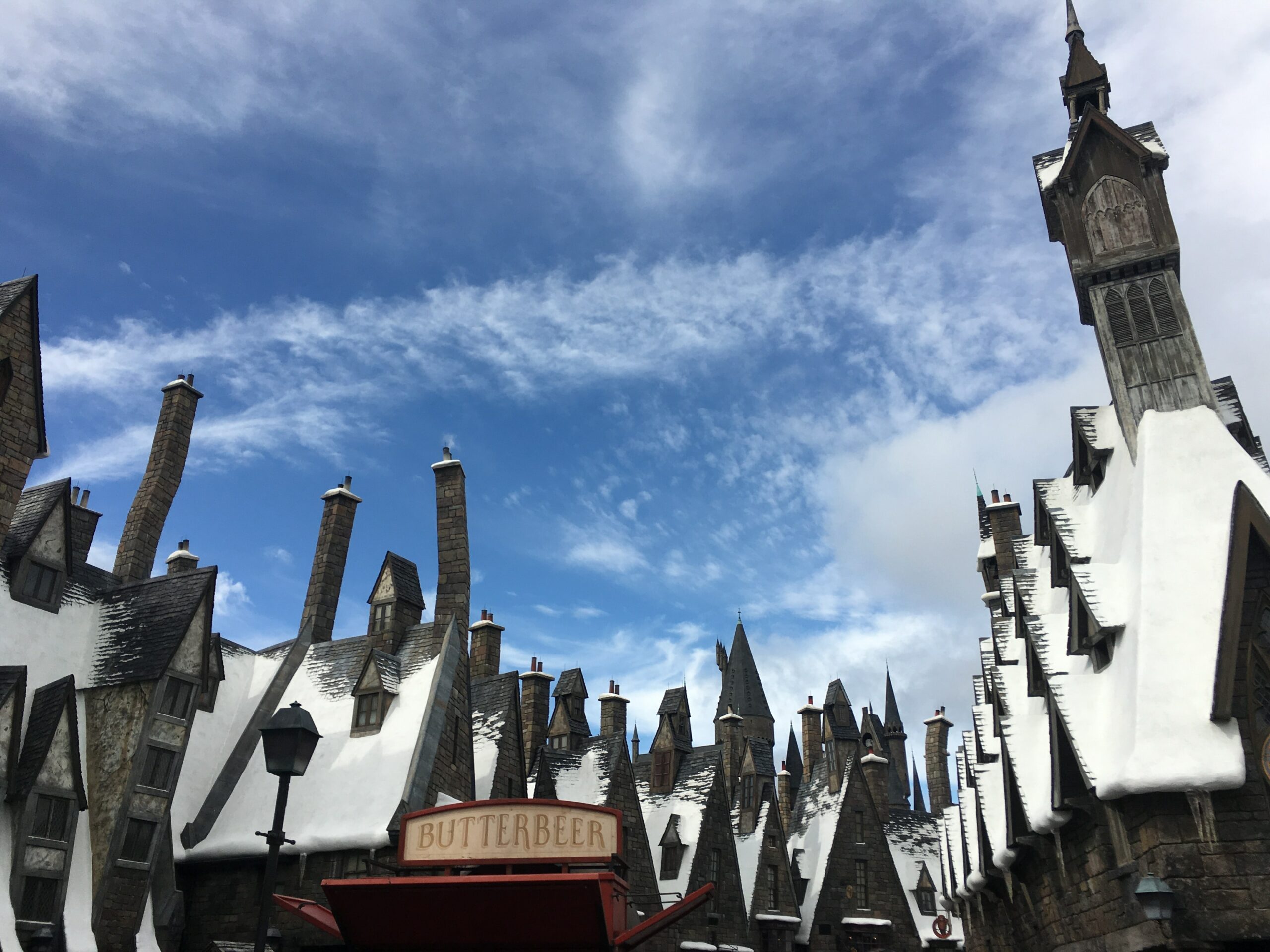The poems “The Chimney Sweeper” written by William Blake depict the child labour as a serious social problem during the coming of the industrial revolution in the late 18th century in London. By describing boy who work as chimney sweepers, the poems are reflective of the conditions of the laboring class and their children. From the perspective of Marxist Criticism, this article argues that “The Chimney Sweeper” show the difficult situations of the laboring class who who sell their labour power for wages, and reveal the fact that the laboring class are subject to exploitation and social inequality.
The characters of the poems are all from the laboring class. The first part of the poems published in Songs of Innocence is narrated by a child chimney sweeper, who tells stories about himself as well as the hardships of his work as a chimney sweeper. At the beginning of the poem, the child introduces his life. “When my mother died I was very young, / And my father sold me while yet my tongue / Could scarcely cry ‘weep! ‘weep! ‘weep! ‘weep!” (Blake, ). It can be seen that he is sold to sweep chimneys at a very young age. He could be a child from a very poor family that cannot afford to raise him. His fellow friends Tom, Dick, Joe, Ned, and Jack are also chimney sweepers who work together with him. They are all children of the poor. In Black’s London, it seems socially accepted for the poor to sell their children into apprenticeships because of their small size. The second part of the poems published in Songs of Experience begins with a conversation between an adult speaker and a child chimney sweeper. This child, abandoned by his parents in the snow, is from the laboring class. By saying that his parents are at church praising God, the poem implies that the child’s parents suffered death because the dead is assumed to enter the Heaven to be with God. The child is actually an orphan who work as a chimney sweeper.
William Blake, the author of “The Chimney Sweeper”, is from the laboring class and he has a great sympathy for the poor. Blake recognizes the terrible living conditions of the poor as he depicts the hardship of child chimney sweepers. For example, the line “and in soot I sleep” (Blake, ) reveals that child chimney sweepers sleep directly in soot for the convenience of work. “That thousands of sweepers, Dick, Joe, Ned, and Jack, / were all of them locked up in coffins of black” (Blake, ) also demonstrates that there are a large number of child chimney sweepers in the society and the society allows the children of the poor to be treated as cheap labour. Blake has a good understanding of the laboring class through close observation and is able to create works from the perspective of the laboring class. Blake not only uses the poems to criticize the societal abuse of child labour, but also shows flawed perception of the society that which justifies the suffering and hardship of the laboring class.
The poems intend to reinforce the idea that the laboring class are subject to exploitation and social inequality. The child labour are oppressed and their existence is uncommonly diminutive in a corrupt society. The poems consistently embody a philanthropic attitude towards the desperate conditions of the child labour by revealing how they live and how they work. For example, Blake describes an incident about Tom:
There’s little Tom Dacre, who cried when his head,
That curled like a lamb’s back, was shaved: so I said,
“Hush, Tom! never mind it, for when your head’s bare,
You know that the soot cannot spoil your white hair.” (Blake, )
It shows that nobody really pays attention to these children’s feelings and their life are at the mercy of people who are in charge of them. Tom has to endure the pain of being shaved and only his companion is willing to console him to make him feel better. These children are forced to be mature and act like adults because they have to rely on themselves to live their life.
More importantly, the poems represent an attitude of rebellion against the common social values of the society. “So your chimneys I sweep” (Blake) is used to remind the readers that they are responsible for the suffering of the child labour. The poems aim to subvert the traditional values of the Church, which is a symbol of the ruling class.
The dream of Tom Dacre shows that many child chimney sweepers died and are liberated from the life of labor by an angel. The angel in his dream tells him that he will “have God for his father” (Blake) if he continues to a good boy and working hard. As Tom wakes up, he goes back to work and even feels happy because of the encouragement from the angel. The grim realities of lives as a chimney sweeper is in contrast with the hopeful vision of liberty as all the children have to continue their work after they wake up. The dream of Tom actually implies that deceptive nature of the Church’s teaching by persuading the laboring class to be reconciled with their present condition and regard it as a matter of course. Tom’s response to the dream shows that the innocent and naive laboring class is happy to accept the desperate reality and allows the abuse of class power. The closing line “’if all do their duty they need not fear harm” shows the idea that the laboring class should accept social exploitation.
In the later part of the poem, the abandoned child explains that his parents are at the Church, which indicates that his parents are incapable of helping him but have to leave him in the snow. Meanwhile, the adult speaker who asks the question about his father and mother seems to be one of the ruling class who feel sympathetic about the abandoned child. However, he does not offer any help to the child, which means that the social values of the Church have been widely accepted by the society and people take the traditional values for granted. The abandoned child is happy about his life and praise God like his parents.
And because I am happy and dance and sing,
They think they have done me no injury,
And are gone to praise God and his priest and king,
Who make up a heaven of our misery. (Blake)
Blake criticizes the view of the Church that the poor should endure suffering and hardship in this life for attaining reward in the next life. By making up a heaven of the laboring class, the Church justifies all the suffering and hardship as holy sacrifices.
The strong contrast between innocent child chimney sweepers and the lies of the Church shows the cruel exploitation and social injustice.
The poems indicate a Hegelian dialect, which refers to the conflict between a thesis and an antithesis, yielding a synthesis as a result. The poems display the urban life of child chimney sweepers and highlights the severe working conditions. However, these child chimney sweepers feel satisfied about their life with spiritual support of the Church. They accept their suffering and hardship without complaints and struggle and even praise god for the mercy. The dual contrast between these two theses is reflective of the radical critic of the social injustices by the author. The uncaring parents who sells their children for money should be criticized, but they are also victims of social exploitation. The Church and other social institutions are so powerful that they prevent the laboring class from understanding the oppression and abuse of class power. The laboring class is willing to accept the oppression because they think it as their destiny for the reward in the next life.
In conclusion, the main theme of the poems “The Chimney Sweeper” is to reveal the desperate living conditional of the poor and their children and criticizes the society for deceiving the laboring class into accepting their fate. The author is a radical critic of the social exploitation and social injustice. He intends to raise people’s awareness of the social conflicts between the laboring class and the ruling class.








Leave A Comment